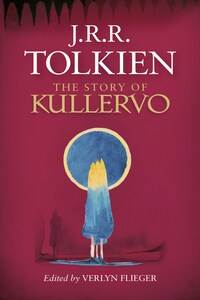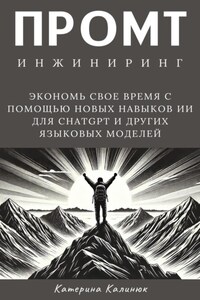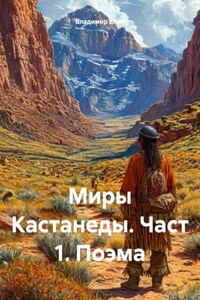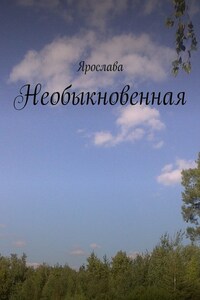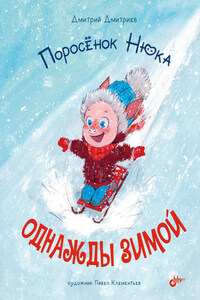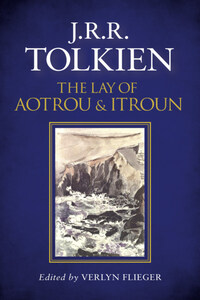COPYRIGHT
Published by HarperCollinsPublishers Ltd 1 London Bridge Street London SE1 9GF www.tolkien.co.ukwww.tolkienestate.com Published by HarperCollinsPublishers 2015 All texts and materials by J.R.R. Tolkien © The Tolkien Trust 2010, 2015 Introductions, Notes and Commentary © Verlyn Flieger 2010, 2015

® and ‘Tolkien’® are registered trade marks of The Tolkien Estate Limited The Proprietor on behalf of the Author hereby asserts his moral right to be identified as the author of the Proprietor Materials. The illustrations and typescript and manuscript pages are reproduced courtesy of The Bodleian Library, University of Oxford and are selected from their holdings labelled MS. Tolkien Drawings 87, folios 18, 19, MS Tolkien B 64/6, folios 1, 2, 6 & 21, and MS Tolkien B 61, folio 126. A CIP catalogue record for this book is available from the British Library All rights reserved under International and Pan-American Copyright Conventions. By payment of the required fees, you have been granted the non-exclusive, non-transferable right to access and read the text of this e-book on screen. No part of this text may be reproduced, transmitted, down-loaded, decompiled, reverse engineered, or stored in or introduced into any information storage and retrieval system, in any form or by any means, whether electronic or mechanical, now known or hereinafter invented, without the express written permission of HarperCollins. Source ISBN: 9780008131364 Ebook Edition © May 2014 ISBN: 9780008131371 Version: 2018-07-23
The Land of Pohja by J.R.R. Tolkien
FOREWORD
Kullervo son of Kalervo is, perhaps, the least ingratiating of Tolkien’s heroes: uncouth, moody, bad-tempered and vengeful, as well as physically unattractive. Yet those traits add realism to his character, making him perversely appealing in spite of, or perhaps because of, them. I welcome the chance to introduce this complex character to a wider readership than heretofore. I am also grateful for the opportunity to refine my first transcription of the manuscript, restore inadvertent omissions, emend conjectural readings, and correct typos that found their way into print. The present text is, I hope, an improved representation of what Tolkien intended.
Since the story’s initial appearance, further work has been done on its role in the development of Tolkien’s early proto-language, Qenya. John Garth and Andrew Higgins have explored the names of both people and places in the surviving drafts and related them to his language invention, John in his article ‘The road from adaptation to invention’ (Tolkien Studies Vol. XI, pp. 1–44), and Andrew in Chapter Two of his ground-breaking PhD dissertation on Tolkien’s early languages, ‘The Genesis of J.R.R. Tolkien’s Mythology’ (Cardiff Metropolitan University, 2015). Their work adds to our knowledge of Tolkien’s early efforts, and enriches our understanding of his legendarium as a whole.
The materials here published, J.R.R. Tolkien’s unfinished early work The Story of Kullervo and the two drafts of his Oxford University talk on its source ‘On “The Kalevala”’, first appeared in Tolkien Studies Volume VII in 2010, and I am grateful for the permission of the Tolkien Estate to reprint them here. My Notes and Comments are reprinted with the permission of West Virginia University Press. My essay, ‘Tolkien, Kalevala, and “The Story of Kullervo”’, is reprinted with the permission of Kent State University Press.
Thanks for the present volume go to several people, without whom it would never have come to be. First of all to Cathleen Blackburn, to whom I first proposed that The Story of Kullervo needed to reach a larger audience than that of a scholarly journal. I am grateful to Cathleen for ushering the project through the permissions process of the Tolkien Estate and its publisher, HarperCollins. I am grateful to both the Estate and HarperCollins for agreeing with me that re-publication as a stand-alone was what Tolkien’s Kullervo merited. Thanks also to Chris Smith, Editorial Director at HarperCollins in charge of matters Tolkienian, for his help, advice, and encouragement in bringing Tolkien’s The Story of Kullervo to the wider audience it deserves. For help and advice in preparing the story and essays thanks go to Catherine Parker, Carl Hostetter, Petri Tikka and Rob Wakeman.
